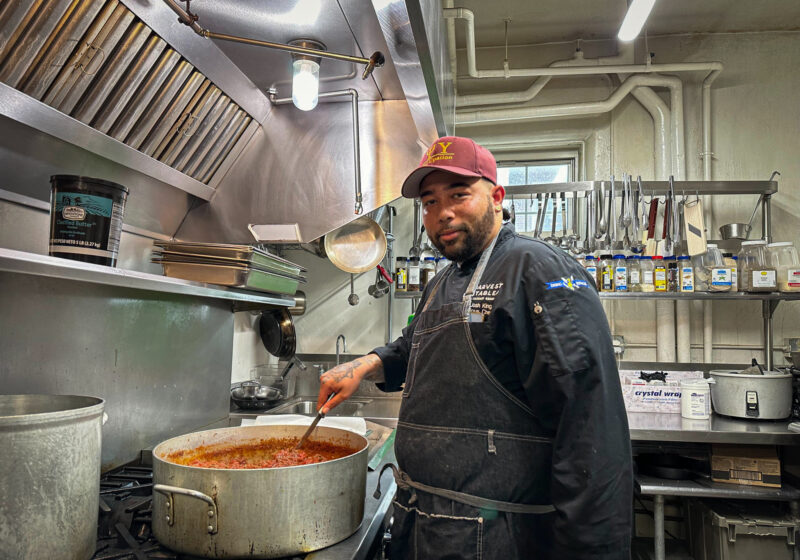Two weeks ago, Typhoon Haiyan, a Category 5 super typhoon, struck the Philippines. With winds reaching 195 miles per hour and waves rising as high as 17 feet in some areas, the typhoon was responsible for thousands of deaths. Millions of Filipinos have been displaced. The cost of damages, according to a Kinetic Analysis Corp., will surpass $10 billion. With such devastation, the American and international response must expand and continue until progress is made to not only rebuild, but to also better prepare the country against future disasters.
Besides a few major cities, the Philippines remains a largely rural country, unequipped to withstand any severe natural disaster. The millions of Filipinos who live in remote villages scattered around the archipelago nation bore the brunt of the typhoon’s ferocity. Many of these rural villages still remain in desperate need of food, clean water, and medical attention.
The herculean task of providing aid is a joint effort between the Philippine government and the international community. So far, an estimated $81 million of international aid has been contributed by donors around the world, and the U.S. is responsible for $20 million of it. This type of support, if drastically increased, will expedite the Philippines’ journey back to the near 7 percent GDP growth that it experienced in 2013 prior to Haiyan.
A former American commonwealth, the Philippines has maintained close relations with the U.S. and has consistently been one of our strongest allies in the Pacific for the past half century. As a result, the American military presence already on and around the country has been instrumental to the relief effort. The U.S. Navy alone has deployed an entire carrier group and thousands of personnel to offer humanitarian aid. The various airlift groups within the U.S. Navy and Marines have played an integral role in reaching out to the most isolated of communities devastated by the typhoon.
We applaud the current U.S. involvement in the ongoing relief effort in the Philippines, but we also call for continued support. Unfortunately, the American public and the UR community have often displayed very short attention spans when it comes to international crises. It is essential that our country and our university remain concerned. Our current level of tremendous support is laudable, but the need to help the Filipino people should not stop now that the story of Typhoon Haiyan has dropped off the front pages.
When Hurricanes Katrina and Sandy ravaged the U.S., our country’s fundraising efforts were swift and sweeping. The producers of “12/12/12: The Concert for Sandy Relief” announced the show two weeks after the storm hit New York City, and it occurred a month after the announcement, raising more than $30 million from ticket sales. A worldwide concert or any large entertainment fundraiser like this would make a significant dent in the Filipino rebuilding costs while also publicizing the need for aid. A campus-wide entertainment fundraiser would send the same message on a more local level.
Regardless of any initiative undertaken, it is important that it is a sustained response. Too often the woes of foreign citizens of far-off lands are quickly forgotten. To combat this disregard, it is essential that institutions of higher education, such as UR, work to keep relief efforts for the Philippines in the forefront of our nation’s consciousness. In many instances, it is the efforts of college students that has driven our nation to action. UR has consistently demonstrated the ability to form groups and rally student support to humanitarian causes, both foreign and domestic. We commend the work of UR student groups such as the Filipino American Students Association and the Catholic Newman Community, which have already begun to sponsor programs supporting relief efforts. The actions of the UR community may seem small at times, but it is movements like these that keep the plights of those suffering in the hearts and minds of Americans.
Aid to the Philippines must extend far beyond air drops of supplies and well-wishes. The American public must let our government know that the reconstruction of the Philippines must remain a priority in our humanitarian ventures around the world. The UR community has the opportunity to play a key role in this vital effort.




